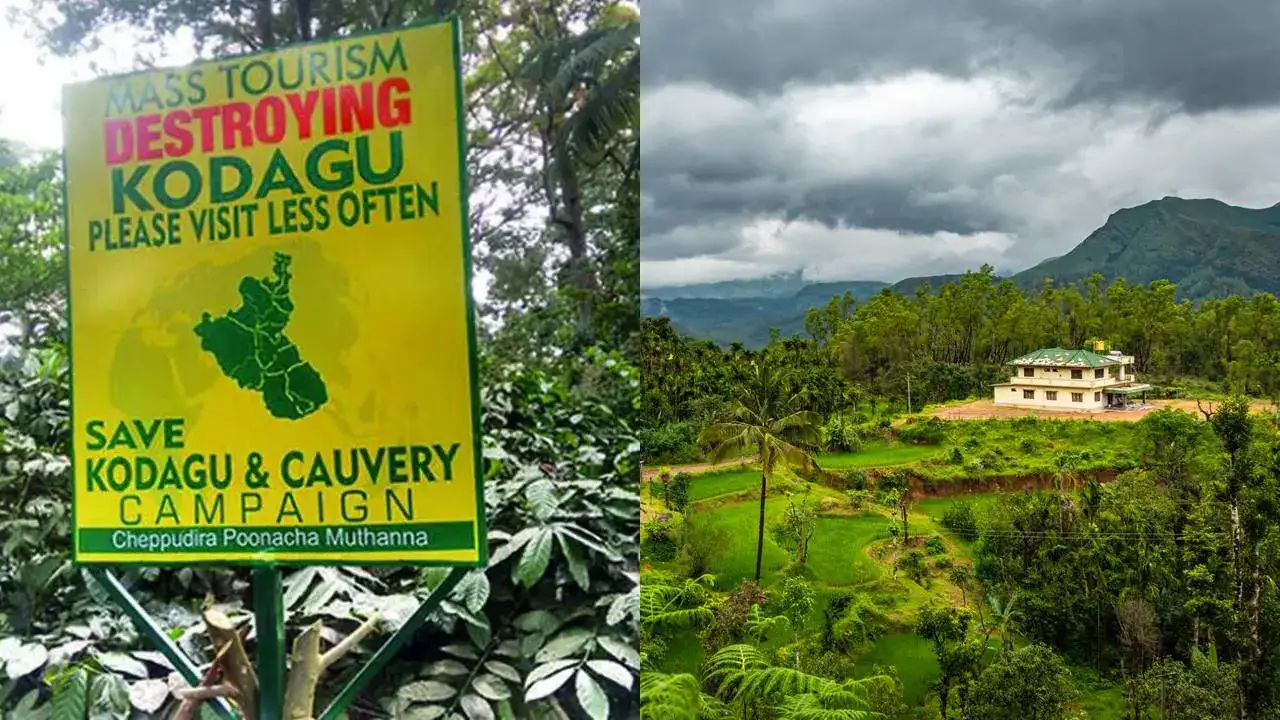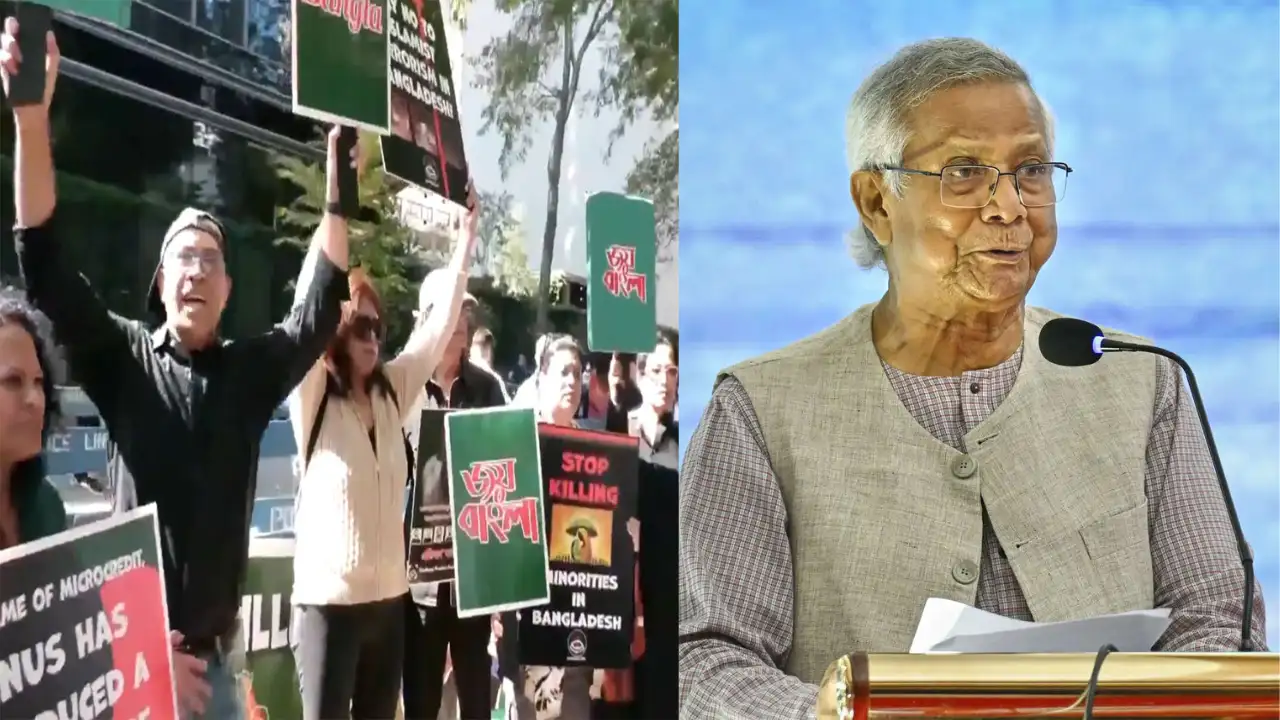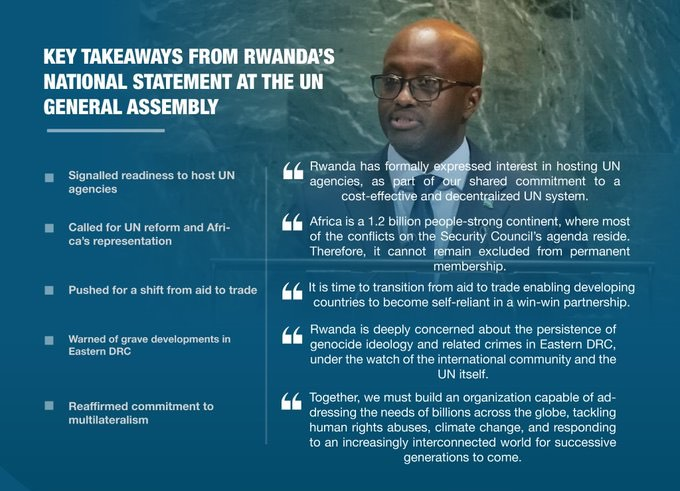Copyright stabroeknews

Dear Editor, The United Nations General Assembly (UNGA) is currently is session in New York. It is meeting at a time when unprecedented dynamic geo-strategic processes are taking place in other parts of the world and where a once dominant unipolar global system is inexorably giving way to a multipolar system characterized by the sovereign equality of states, based on international rule of law, multilateralism and people -centered development. Against this backdrop, the currently unfolding situation in the Caribbean, fraught with the possibility of military conflict, must be of grave concern to policy makers in region. Speeches delivered at the UNGA by Caricom and other South American leaders will let us know whether they have views or none at all about these events at least to express them publicly. The big question is; what is it that has given rise to the present state of affairs? In answering this question, the general conclusion seems to be that US-Venezuela relations have deteriorated to such an extent that while we are told ‘all options are on the table,’ regime change appears to be the most probable option given the massive but threatening deployment of US military assets in the region. A regional tour d’horizon will show that the issue appears to be ‘too hot to handle’ collectively since different approaches to the matter were adopted by CARICOM member states. Moreover, just as the controversial Cuban health workers issue, proved to be a ‘hot potato’ for a collective stance to be adopted, both issues taken together have proven to be divisive for member states of the Caribbean community. It is against the backdrop of this twin controversy, that the rise of great power interests and presence in the region is becoming increasingly discernible. The raison d’être for the ‘heavy’ US military and naval presence in the Caribbean is not because of an increase in tension between the US and Venezuela and the US’ commitment to fight drug traffickers and criminal gangs, it is because of what the US perceives as the rapid intrusion in its ‘sphere of influence’ and its ‘backyard,’ by powerful extra-regional forces with oil and economic interests hovering menacingly in the background of the unfolding regional drama. Pushed against the wall, by US sanctions and threats, Caracas is pushing back to avoid being isolated globally and seeking support from key BRICS nations anathema to US foreign policy and national security interests. Thus, the large scale US naval and military presence in the Caribbean region represents more than meets the eye. From all appearances, the Maduro administration appears to have internationalized their claim that Venezuela is a victim of US aggression; that US sanctions are being used to strangle its economy and that the ultimate aim is to effect regime change in Venezuela. In the circumstances, Madura is left with little or no wriggle room. It is against this backdrop, that the Maduro administration has managed to whip up and gained the support of some academics and social media influencers in Europe and the United States as well as some governments in countries in the global south. This should be of concern to policy makers in Guyana who, while doing what it must at the ICJ, should do a side by side analysis to determine the facts as regards Venezuela’s broadcast to the international community claiming to be a victim of US aggression versus Guyana’s broadcast to the world that it is indeed a victim of Venezuelan aggression. In so doing, we may see the need for more painstaking leg-work to be done globally by Guyana. Some have argued futuristically, that Venezuela has already framed its response to an ICJ ruling favourable to Guyana; that is to say, while it will object to and disregard the Court’s ruling, it will, nevertheless continue prosecuting its spurious claim and pursuing its belligerent policy towards Guyana at the global level. And hopefully, while Guyana is likely to be in a stronger position legally, to debunk Venezuela’s spurious claim based on a much anticipated binding decision by the ICJ, when that time comes, Guyana should not rest on its laurels nor consider the matter closed, it must continue as of necessity, to counter at the international level Venezuela’s spurious claim. It is against this backdrop, that America’s foreign policy and geopolitical interest has evolved to become central to the security of Guyana’s territorial integrity even as the region tries to grapple with excruciating tariffs imposed on CARICOM’s member states and conditionalities concerning Cuban public health workers recruited by some CARICOM governments. But when all is said and done, we should not lose sight of the bigger picture where a power play for greater influence versus continued dominance is taking place in our region which, by all means, must continue to be a Zone of Peace! Clement J. Rohee



